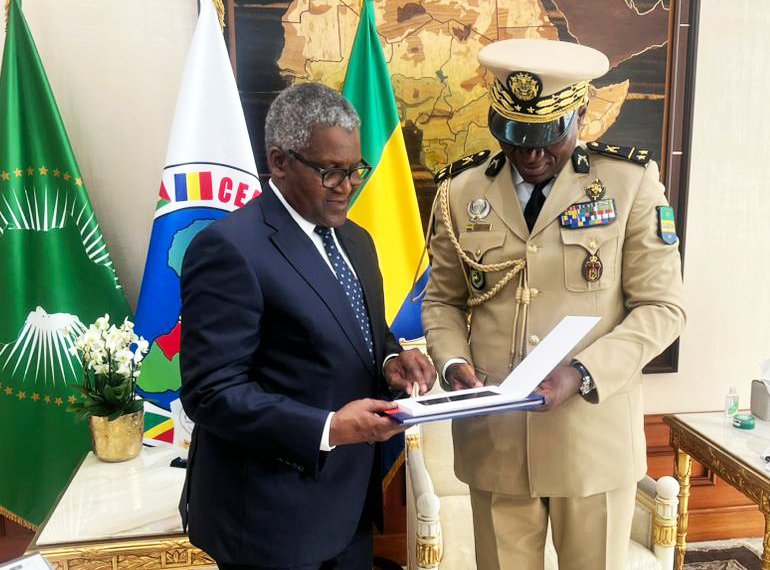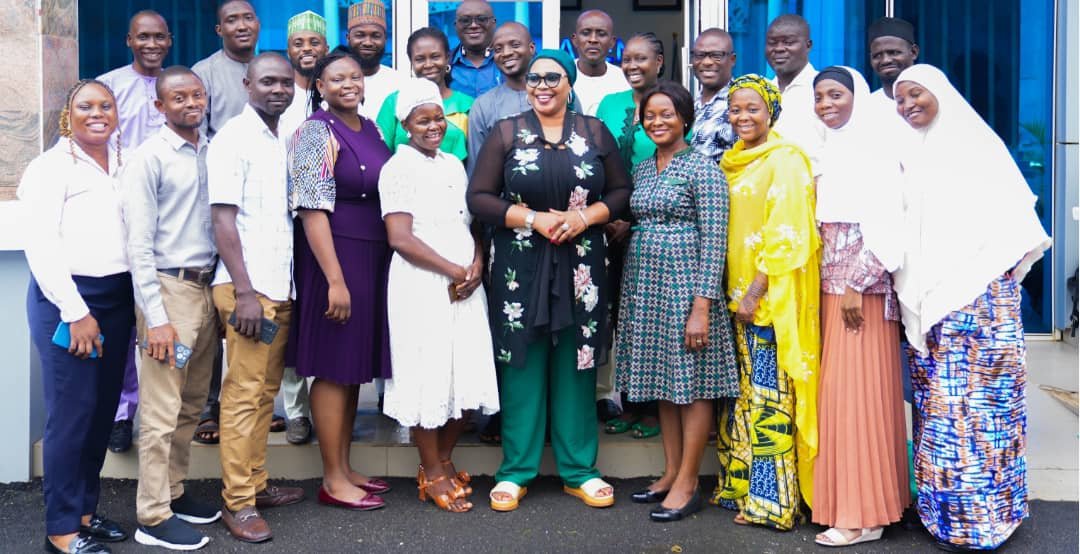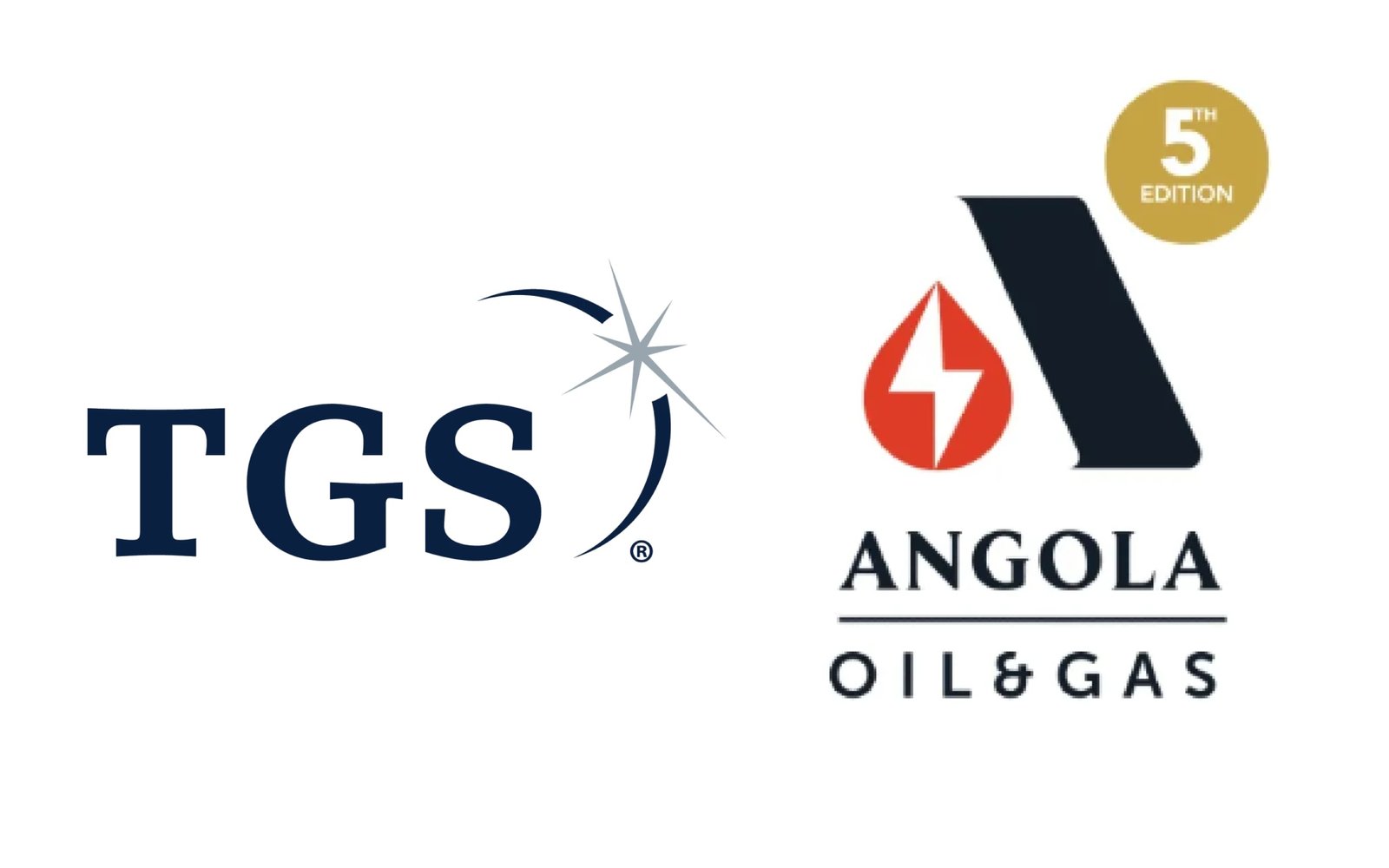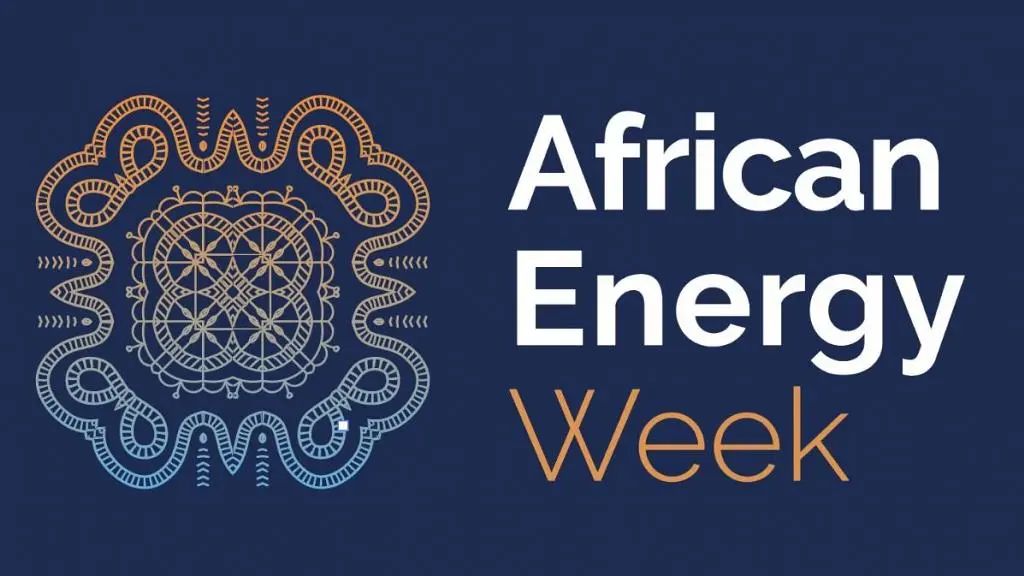COMMENTARY: Remembering Nigeria’s Niger Delta as World Celebrates 2021 World Wetlands Day
By Eyo Nsima, Editor
Today, February 2, 2021, is the World Wetlands Day, a day set aside to celebrate, and harness efforts required to protect wetlands around the world.
“The UNESCO World Heritage Convention works continuously with other entities to protect the most important wetland systems in the world. Wetlands are currently protected under different designations, including the Ramsar Convention on wetlands, the UNESCO Man and Biosphere Programme and others, and some of these overlap. According to the World Heritage Review on Wetlands, more than 130 Ramsar sites are wholly or partially inscribed in 90 World Heritage sites, and all of these places have exceptional properties.
“Situated in south-east Siberia, the 3.15-million-ha Lake Baikal is the oldest (25 million years) and deepest (1,700 m) lake in the world. It contains 20% of the world’s total unfrozen freshwater reserve. Known as the ‘Galapagos of Russia’, its age and isolation have produced one of the world’s richest and most unusual freshwater faunas, which is of exceptional value to evolutionary science.
“The Okavango Delta (Botswana) illustrates how the UNESCO World Heritage Convention and Ramsar can be powerful tools for international cooperation over shared heritage resources. The Okavango Delta brings life to people and wildlife in the Kalahari Desert. Its water comes from catchments far away in the mountains of Angola, crossing Namibia, an example of the need for a transboundary approach to conservation.
“In 2019, the States Parties of Angola, Botswana and Namibia agreed on a roadmap to explore the boundary extension of the Okavango Delta World Heritage site to protect the river basin and the unique wetland system (a project funded by UNESCO/Flanders Funds-in-Trust cooperation of the Government of Flanders, Belgium). The Delta is home to some of the world’s most endangered species of large mammals, such as the cheetah, white rhinoceros, black rhinoceros, African wild dog and lion.
“The role of local and indigenous communities is also vital in protecting World Heritage wetlands. Budj Bim Cultural Landscape in Australia, inscribed at the 43rd session of the World Heritage Committee represents elements of traditional water management by the Gunditjmara Aboriginal people and a unique food-producing waterscape formed by the lava flows containing one of the world’s most extensive and oldest aquaculture systems.”
It added: “While the UNESCO World Heritage Convention, through its one-of-a-kind international mandate involving multiple entities, local and indigenous communities is doing its best to protect wetlands belonging to all of humanity, we are facing a growing freshwater crisis that threatens people and our planet. We are using more freshwater than nature can replace, and are destroying the ecosystem that water and life depend on. Water and wetlands are connected in an inseparable co-existence that is vital to life, our wellbeing and the health of our planet. Because there is no ‘planet B’, we will continue our work to protect our irreplaceable World Heritage wetlands for current and future generations to come.”
Niger Delta
However, there appears to be a greater need to think about the Niger Delta of Nigeria at least a reason. As Wetlands International, pointed out, “The Niger Delta in Nigeria is the largest wetland in Africa and the third-largest mangrove forest in the world. The region is known for its richness in biodiversity as well as its oil and gas resources.
“ecosystems play a critical role in supporting the livelihoods of millions of people. At the same time, they are being degraded by unsustainable practices and a legacy of pollution and oil spills. We are putting the conservation and restoration of wetlands at the centre of achieving both livelihood and biodiversity improvements.
“The Niger Delta is one of the largest wetlands in the world and currently has three sites listed as Ramsar Wetlands of International Importance. The region is home to nearly 30 million people, and 60% depend directly on the services provided by the environment – such as fish and clean drinking water– for their well-being.”
Problems
It also noted that “Nigeria is the eighth largest oil exporter in the world. Development of abundant oil and gas resources has created a host of environmental and social challenges. Wetlands degradation is a serious ongoing problem, caused by pollution from oil spills and gas flaring, the population influx attracted by the oil and gas industry, poverty, uncontrolled exploitation of the forest (wood), over-fishing, and various poorly planned infrastructure developments.
“Historically, little of the oil revenue generated in the delta has made it back to be reinvested in local communities. The standard of living for Niger Delta communities is very low and basic requirements, such as access to clean water, health facilities and education, are lacking for most. In order to address some of these issues, there is an urgent need for development initiatives to integrate the livelihoods of local communities with ecosystem restoration.
“Despite the significance of the Niger Delta as a wetland, environmental improvement programmes by the oil and gas sector have been lacking for a long time. A major shortcoming is the insufficient understanding of the value of wetlands and their importance to different stakeholders. Without an awareness of the links between wetlands and livelihoods, development initiatives that aim to tackle the challenges faced by communities may not be sustainable or successful.”
It is against these and other considerations that The Daily, www.thedaily-ng.com, joins other stakeholders to solicit maximum support for projects and programmes, targeted at promoting Wetlands, especially the Niger Delta, as we mark the 2021 World Wetland Day.







